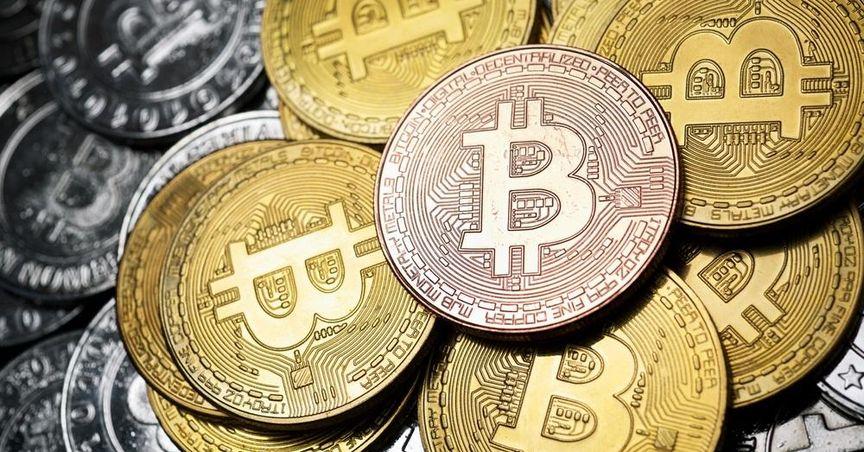Until August 28
France's prosecutor’s office has provided additional details regarding the recent arrest of Pavel Durov, founder and CEO of Telegram, which occurred on August 24. In a notice issued on August 26, French authorities revealed that Durov's detention is part of a broader judicial investigation involving an unnamed individual. The investigation encompasses allegations of complicity with illegal activities, failure to cooperate with authorities, money laundering, criminal association, and the provision of {crypto} services without proper authorization.
Prosecutors have extended Durov’s detention period from August 25 to August 28 to facilitate further questioning. This extension indicates the seriousness of the inquiry, which began following a request from the Paris Public Prosecutor’s Office on July 8.
In response to the arrest, French President Emmanuel Macron addressed concerns about potential political motivations behind the action. Macron emphasized that the arrest was not politically motivated and reaffirmed France’s commitment to freedom of expression.
The investigation's specifics regarding whether Durov himself is a primary target remain unclear. The notice did not explicitly state that charges have been formally brought against him. Durov, who was born in the former Soviet Union, holds citizenship in France, the United Arab Emirates (UAE), and Saint Kitts and Nevis. He co-founded Telegram with his brother Nikolai in 2013.
On August 27, the UAE Ministry of Foreign Affairs announced that it is closely monitoring Durov’s case and has requested that the French government provide him with necessary consular support urgently.
The arrest has sparked criticism on social media, with many perceiving it as an infringement on freedom of expression. The Telegram team has asserted that Durov has “nothing to hide.” Chris Pavlovski, CEO of Rumble, criticized the French authorities and called for Durov’s immediate release. Meanwhile, Natalia Krapiva from Access Now has highlighted ongoing concerns about government demands for access to Telegram’s encryption keys, citing privacy issues and ongoing investigations in countries such as Russia, Kenya, and India.






